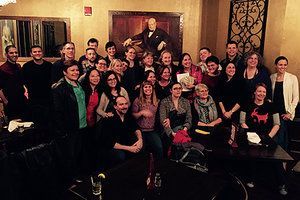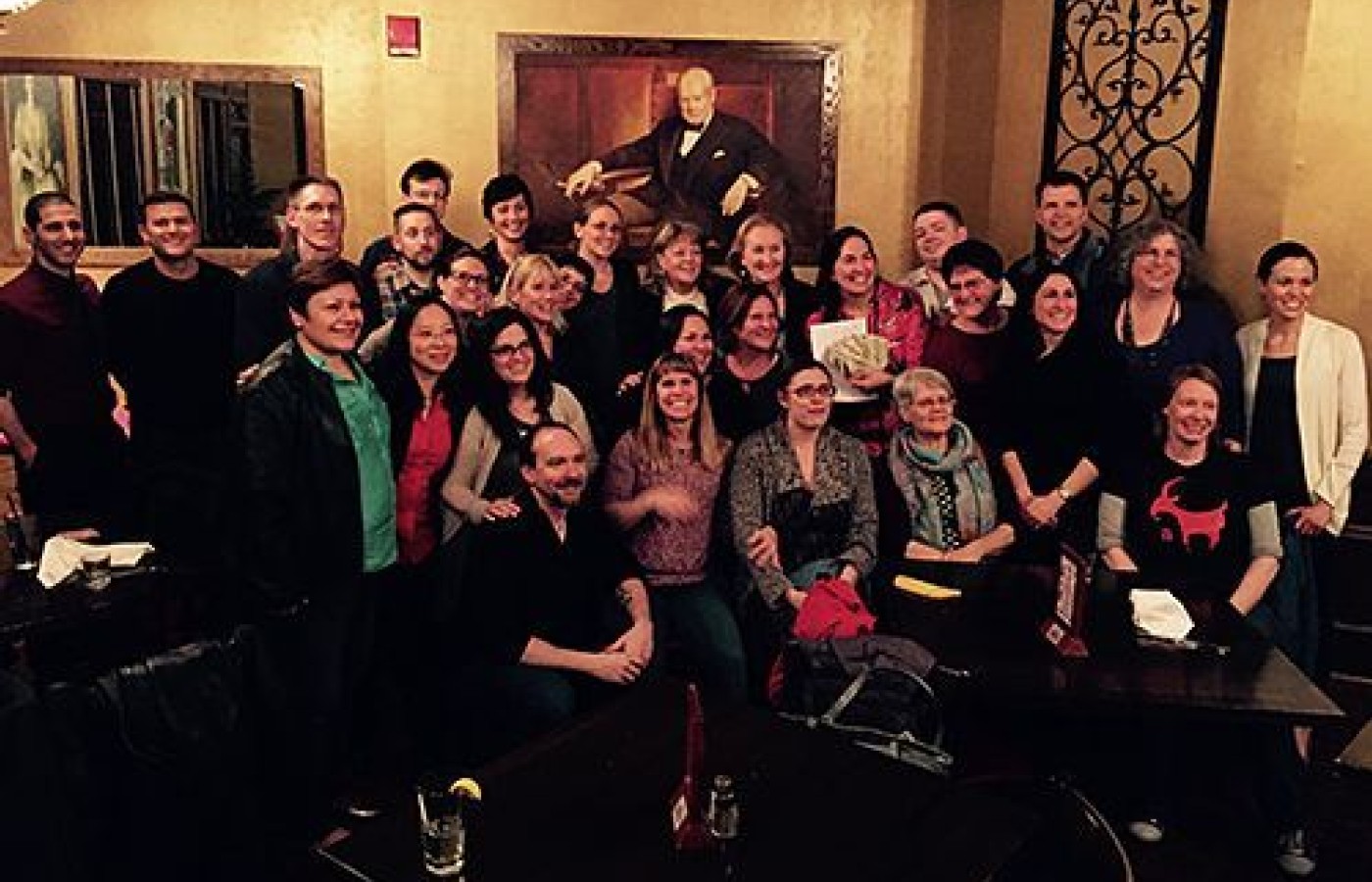The most important relationship I seek to nurture in the treatment room is the one a patient has with their own body. We live in a culture that teaches us to override pain, defer to outside authority, and push through discomfort. Patients often arrive hoping I can “fix” them, but the truth is, we can’t do the work for them. We can offer guidance, insight and support, but healing requires their full participation.
The Tide is Rising in the Acupuncture Profession
Former President Ronald Regan said, "When the tide rises all boats float."
The tide is rising for the acupuncture profession. Many forces outside the profession are helping the tides to rise.
Integrated medicine and /or functional medicine are fast becoming the latest buzz words. The newly formed Integrated Medicine Organization wants acupuncture services included. The National Center for Complementary and Alternative Medicine has changed its name to National Center for Complimentary Integrated Medicine.
The new leadership in the acupuncture profession is emerging. The Council of State Associations has met and they are talking, networking and moving forward.
I was honored to be able to speak to this group regarding updates about WHO ICTM-11 diagnostic codes, which will be adopted in 2017 by the World Health Organization General Assembly. These new codes will include descriptors for traditional medicine practitioners. Please keep your eyes open for the opportunity to review and give feedback on these codes. As of yet, there has not been significant input from U.S. practitioners, but our structure allows us the opportunity to change that deficit.

The organizations in attendance at the Council of State Associations represented the states of California, Colorado, Connecticut, the District of Columbia, Florida, Illinois, Indiana, Louisiana, Massachusetts, Maryland, Michigan, North Carolina, New Hampshire, New Jersey, New Mexico, New York, Oregon, Pennsylvania, Utah, Virginia, Vermont, Washington and Wisconsin.
The new Executive Committee members are: David W. Miller (Chair), Eric R. Buckley (Vice-Chair), LiMing Tseng (Secretary) and Candace Sarges (Immediate Past-Chair).
The extended Leadership Committee members are: Rebecca Schirber (Governance Chair), Lindy Camardella (Public Education Chair), Beth Howlett (Allied Health Task Force Chair), Sarita Cox (Unlicensed States Task Force Chair), Regina Walsh (List Manager).
A Nomination Committee is also being established. If your organization knows of individuals with established leadership tack records, a desire to serve and strong leadership qualities, please forward their names to Candace Sarges at councilSA2015@gmail.com.
"On behalf of the whole CSA leadership group, please allow me to thank you again for your work in furthering the profession. We sincerely hope your boards are as excited as we are about the potential of our collaborative effort. Please do not hesitate to contact us should you have questions, comments, concerns or suggestions," said David W. Miller, CSA Chair.
This group is committed to moving the profession forward. Get involved!
It is an especially important time for acupuncture state associations to become strong and involved. A healthy organization must have the following traits:
- Cohesive leadership.
- Organizational clarity.
- Clarity with all communication.
The issues of dry needling, the inclusion of acupuncture services in Essential Benefits, the licensure of the six remaining states, the expansion of individual states' scopes of practice along are just some of the issues and/or problems facing this profession.
NOW is the time to join your state acupuncture association. If your state does not have an organization, jump in and find a few other acupuncturists and form an association. Other states are willing to help you.



